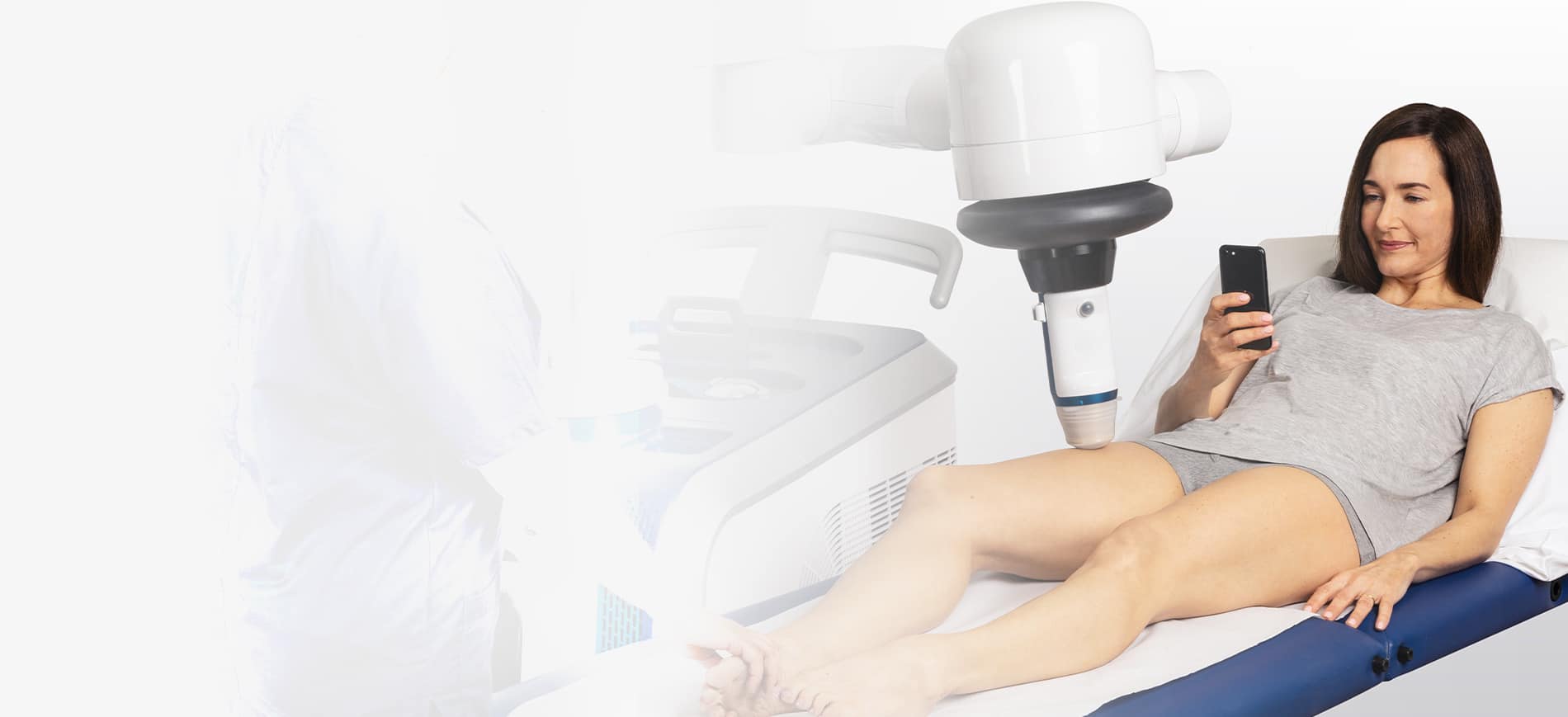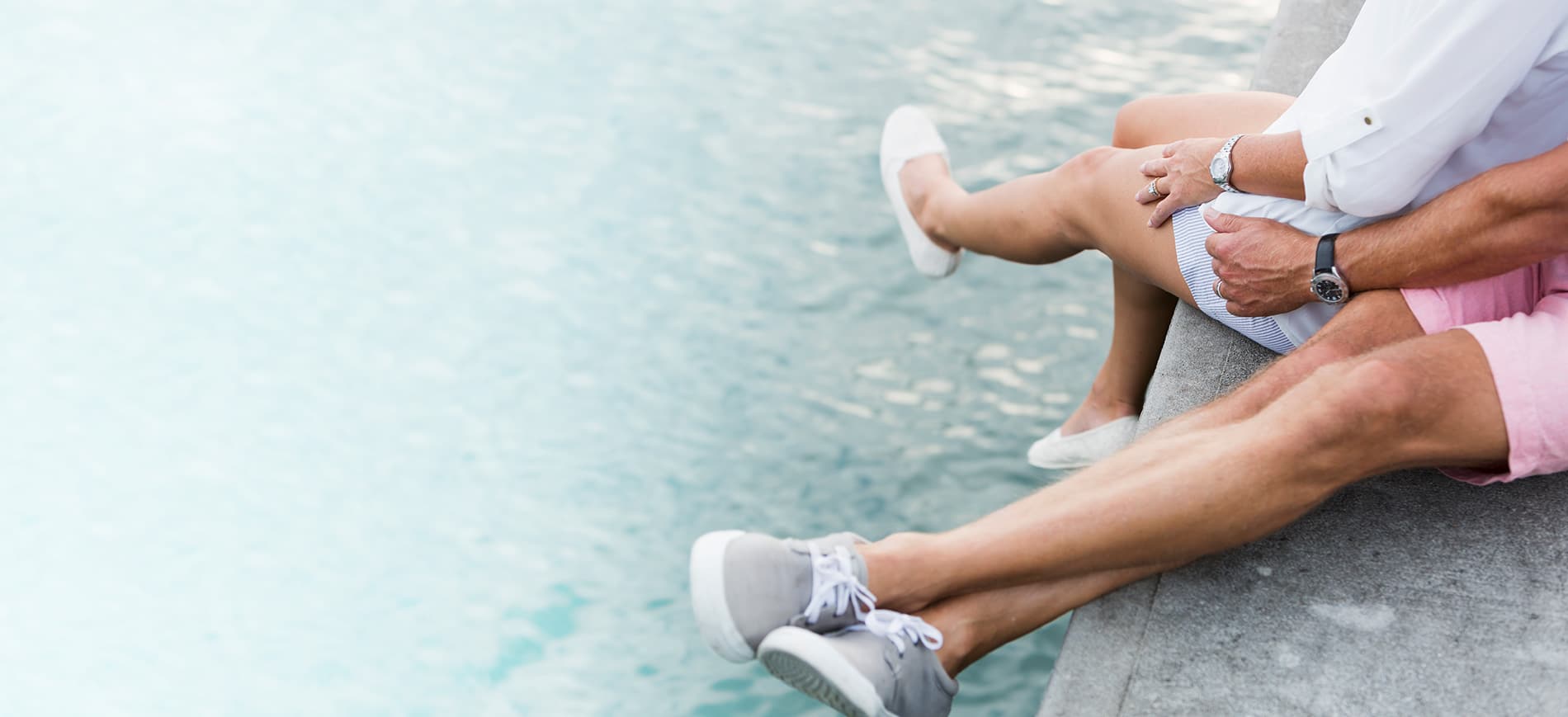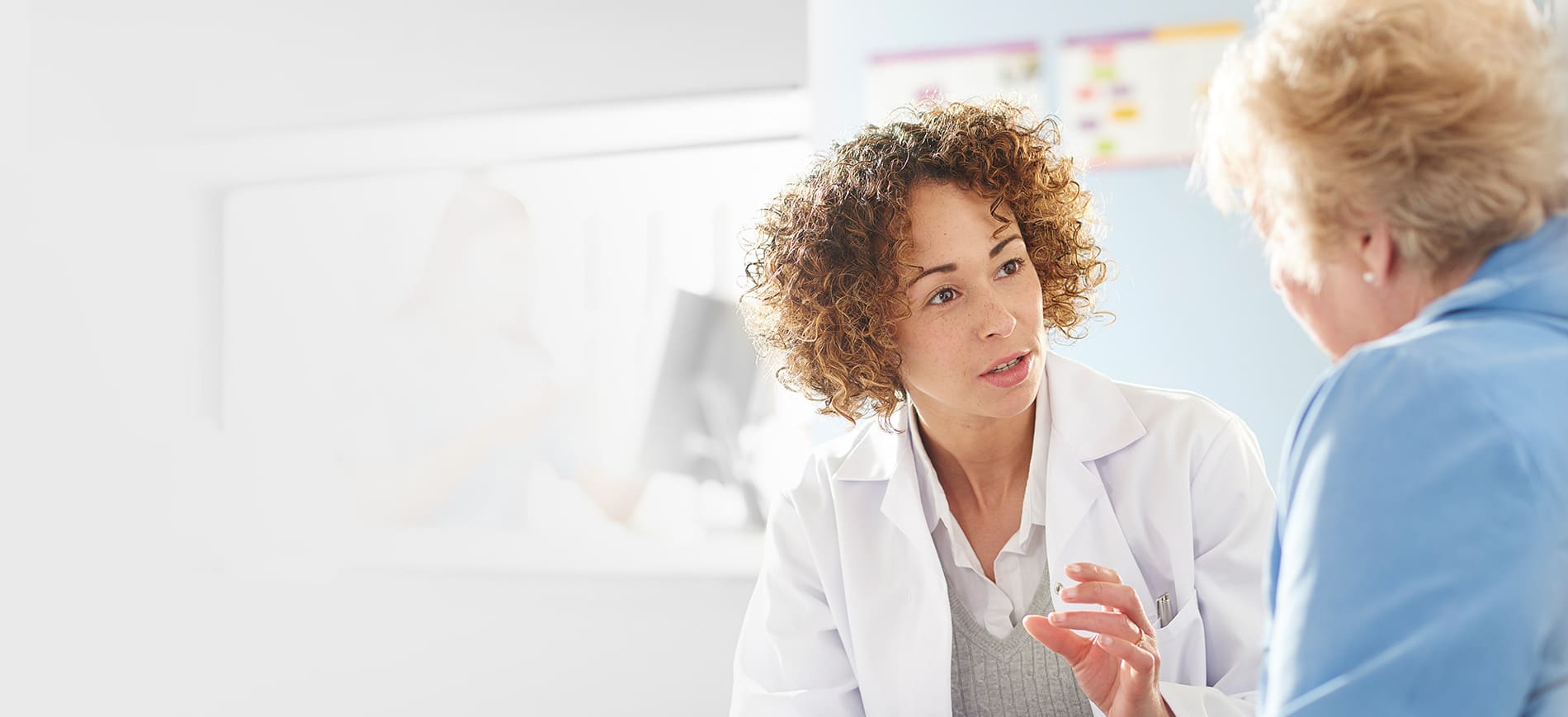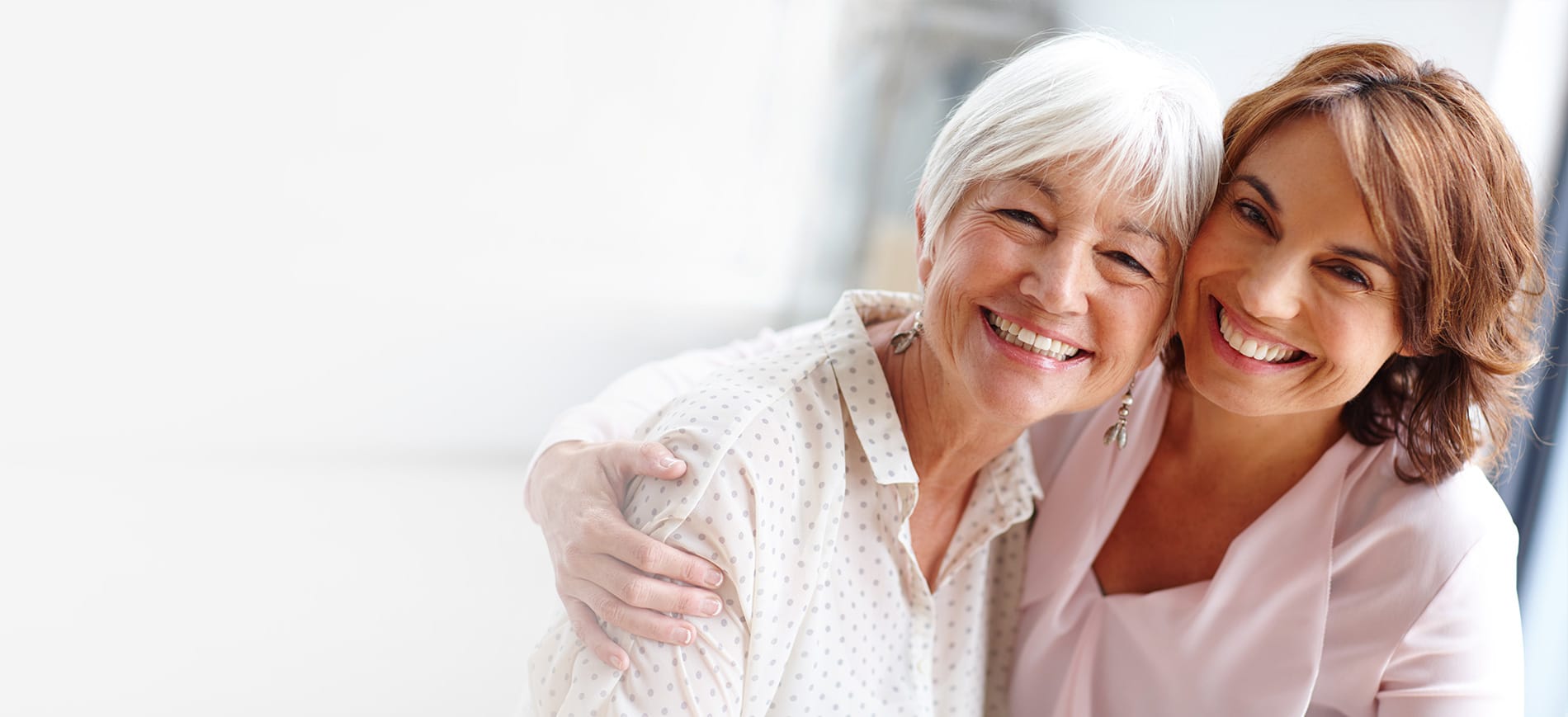But where do varicose veins come from, those swollen-looking veins that bother you? Here we explain the main causes!
As a reminder, varicose veins are sinuous dilations of the superficial veins of the lower limbs: the saphenous vein and its branches. Under the effect of gravity and the dilation of the veins in diameter, the blood which, normally, circulates from the bottom to the top, tends to stagnate or even flow back into these veins, because the valves no longer function correctly. Varicose veins are considered to be the most frequent manifestation of chronic venous insufficiency.
In 2020, the French National Authority for Health estimated that between 20 and 30% of the French population was affected by varicose veins. But what are the main causes of varicose veins?
While some of them are beyond our control, others are due to our lifestyle.
Varicose veins: the main causes
- Heredity. Coming from a family prone to varicose veins considerably increases the risk of developing them. If both parents suffer from varicose veins, the risk for the child is 75%, compared to 45% if only one parent suffers from them.
- Gender is also an important cause, since it is estimated that women are 2 to 3 times more affected by varicose veins than men. This female predisposition can be explained by frequent hormonal variations, particularly during pregnancy, the premenstrual period and the menopause.
- Finally, age can also be considered as a cause, since from the age of 30 the process of degeneration of the veins and valves has begun. For this reason, people over 50 are more prone to varicose veins than younger people.
Varicose veins: risk factors
Our lifestyle can be at the origin of the formation or development of varicose veins.
- How we dress. Standing for long periods of time and constant walking, for example at work, but also sitting for long periods of time and leaning forward.
Good to know :
A Danish study followed 1.6 million employees for 3 years to determine the extent to which working conditions may be correlated with first hospitalisation due to varicose veins in the leg. The researchers found that men who worked long hours in a standing position had a risk of varicose veins that was 1.85 times higher than that of other men. For women, the risk was even higher, at 2.63 times higher.
- Our build. Being overweight or obese can be a problem as blood has more difficulty flowing back to the heart and accumulates in the veins. Even though thick legs require a large blood supply (see our article on overweight and its relationship with varicose veins).
- Pregnancy. In pregnant women, dilation and venous pressure increase in the lower limbs. In addition, the weight of the baby and hormonal variations weaken the venous walls (see our article on varicose veins during pregnancy).
- Also, taking the contraceptive pill or hormonal treatments influences the hormonal cycle, promotes water retention and causes poor blood circulation (see our article on the relationship between taking the contraceptive pill and varicose veins)
- Alcohol consumption. Under its effect, the veins dilate and the risk of developing oesophageal varicose veins is then increased.
- Chronic constipation in that it causes permanent pressure on the vein walls.
- High blood pressure: the increase in blood pressure due to constipation increases the risk of varicose veins
- Certain sports: weight training, weight lifting, volleyball, handball, basketball and tennis. All sports involving stamping, jumping and heavy loads are strongly discouraged.
- Exposure to heat: the sun, hot baths, underfloor heating, steam rooms, saunas or even hot waxing promote venous dilation.
- Size in men: tall men are more likely to develop varicose veins.
- Sedentary lifestyle:
– Blood circulation is limited due to the lack of physical activity.
– Muscle mass, necessary for the venous system, decreases and blood stagnates in the veins.
- Tight clothing or ill-fitting shoes: High and flat heels promote the collapse of the arch of the foot and the muscle mass
- Our diet. Refined and processed products deprive your veins of essential nutrients and increase the toxic load of the blood through the presence of artificial ingredients, just as salt increases water retention, contributing to heavy and painful legs.
Want to learn more about varicose veins? Read our article on the symptoms: https://echotherapie.com/varicose-veins/#varicose-veins-symptoms






